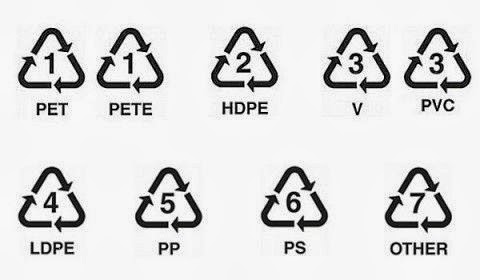Some VOX International Trade studies and other graphics
Some research-based policy analysis from VOX CEPR's Policy Portal:
- Services by modes of supply: A new data source for better trade negotiations. Abstract: The availability of statistics on services by modes of supply has been a longstanding priority for trade negotiators and an important element of other trade policy priorities. Based on a recent Eurostat project, this column presents the first such estimates for EU trade in services. It also explores possible avenues for building a global services dataset by modes of supply building on the latest European initiatives in this area.
- How deregulation and globalisation interact to boost economic growth. Abstract: Globalisation offers many benefits, some of which cannot be separated from other types of policy. This column examines how the benefits from removing regulations that impede competition are partly contingent on openness to import competition. Using recent firm-level analyses of productivity growth, it argues that those firms that contribute the most to overall growth could also be held back by reduced openness, harming overall advances in incomes.
- Trading off a ’soft’ and ‘hard’ Brexit. Abstract: The British government and the EU face a difficult negotiation over the terms of Brexit. This column uses new data on the content of trade agreements to assess the trade impact of Brexit, identifying a tradeoff between the depth of the post-Brexit agreement and the intensity of future UK-EU trade. A ‘harder’ Brexit may have a stronger negative impact on the UK’s services trade and supply chain integration, which have relied more on the depth of the EU. This tradeoff will likely delimit future policy choices.
- How Deals Like Nafta Have Affected U.S. Trade (NYT):




Comentarios